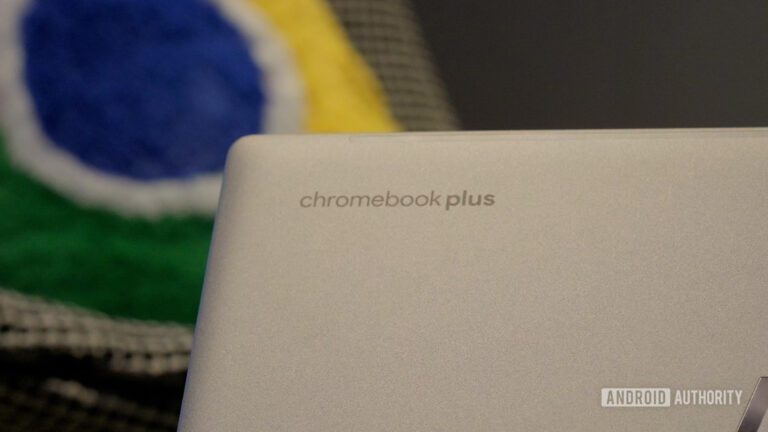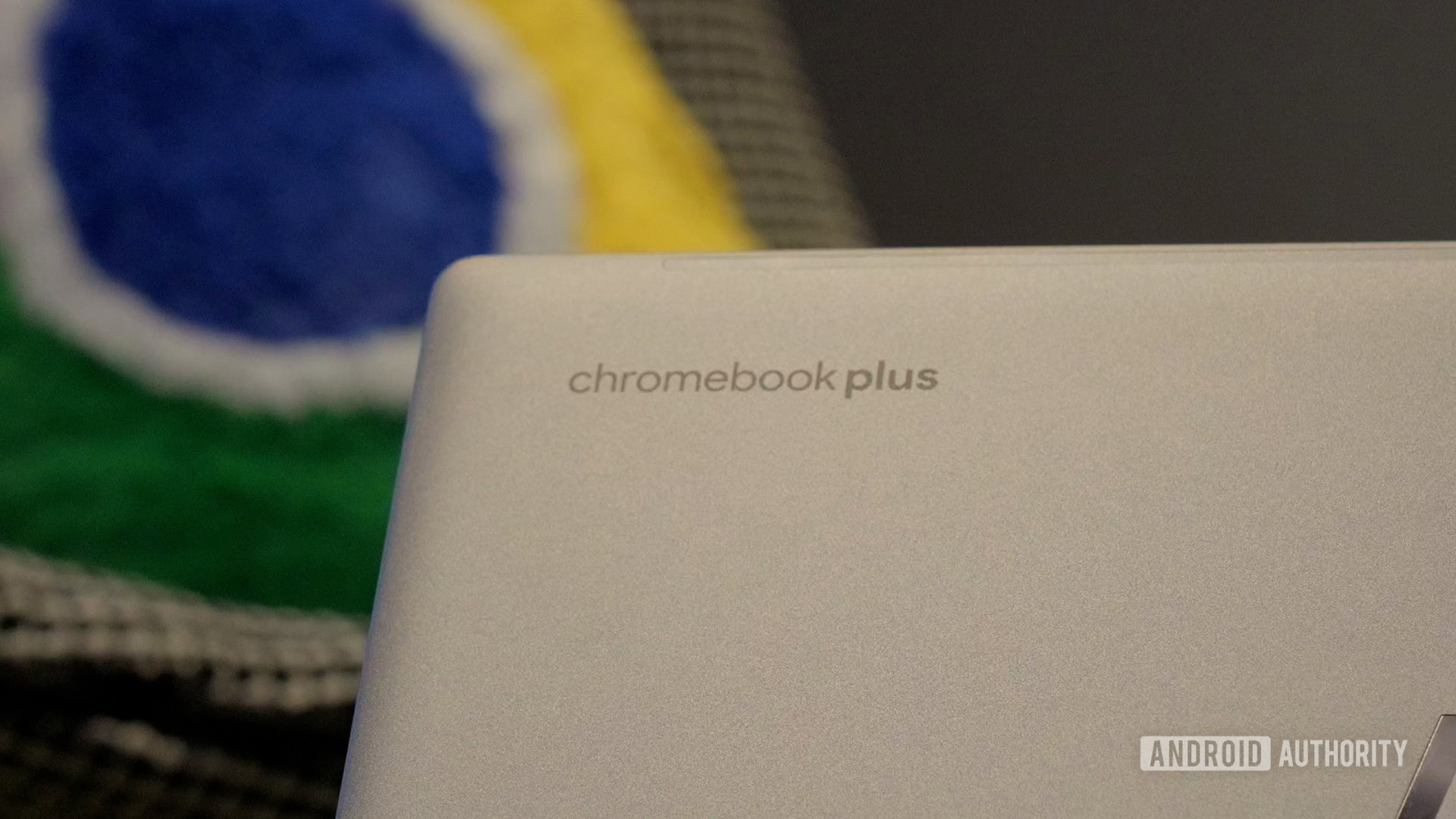
[ad_1]

Ryan Haines / Android Authority
TL;DR
- Maryland has provisioned more than 133,000 Chromebooks to be distributed to underserved households.
- These devices will allow Marylanders to be able to apply for jobs, complete schoolwork, and connect with vital community resources.
- Marylanders will also be provided one-on-one tech support if they need assistance with the device.
Chromebooks are perfect laptops to serve as a gateway to the internet, as their entire existence is built around an internet connection and browser-based workflow powered by Chrome OS. This reliance on the cloud also allows Chromebooks to be built with more modest specifications, as the local machine isn’t doing a lot of heavy lifting on its own. If you want to give someone a device that brings them online and lets them get basic tasks done, then a Chromebook is perfect. The state of Maryland in the US has done precisely that, distributing a whole lot of Chromebooks to people in need.
Maryland Governor Wes Moore announced that the state has provisioned more than 133,000 Chromebooks to be distributed through 27 local governments to underserved households in the state. The report (spotted by Android Central) highlights the initiative as part of a $27.2 million investment to give Marylanders accessible, reliable technology alongside high-speed internet.
Governor Moore said that “these devices are a gateway for Marylanders to be able to apply for jobs, complete schoolwork and connect with vital community resources.”
The Chromebooks were given out through a partnership between the Maryland Department of Housing and Community Development with HP and Daly Computers. However, the announcement does not specify the exact models given out. If we are allowed to guess, it is unlikely to be a flagship Chromebook for obvious reasons.
The department has also partnered with the University of Maryland’s TechExtension to provide free one-on-one tech support through their digital navigator to any Marylander needing device assistance.
This initiative is a commendable step to bridge the digital divide between households at different economic levels. Even standard everyday tasks often require a computer, and we tend to take for granted such access without realizing how families without one would need to navigate daily life. Having access to a reliable machine to connect to the internet is often the first step to opening up further opportunities and a better future.
[ad_2]